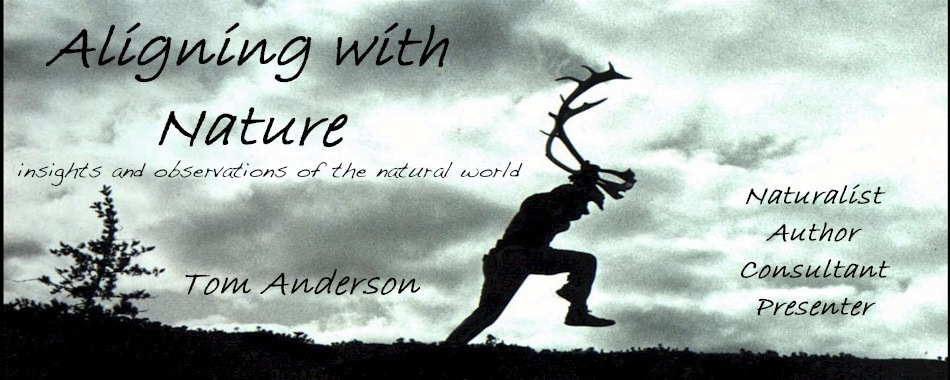Push the Pole
The dry summer was good for something. Water levels had dropped and a slough three miles northwest of our place has unlocked the dormancy of muck bound seeds. The wild rice had returned. I had almost forgotten that it once grew there.
Nancy settled on her knees in the section of the canoe directly in front of me. I stood in front of the stern seat with a long push pole. With each push, Nancy would reach out with an old shortened broomstick and gather in as many tall rice stems as she could so that the seed heads were right over the empty canoe. Then with her other hand and a similar cut broom stick, she would gently beat the stems. It was reassuring hearing the first soft patter of wild rice grains fall into the canoe.
If you drove by on the distant county road, you would think someone was poling an unseen something across a field of golden prairie grasses.
When faced with a physical task, particularly if an action is repeated over and over, it is not unusual to break into a light song to help break the monotony. The real pros at this were the gandy dancers. These teams of African-American laborers repaired and lay rails for the southern railroads. They used songs and chants to help with the work. Not only did it help with their work but they were able to deliver a sort of code speak to each other while their foreman had no clue what they were singing about.
So while Nancy practiced the gentle percussion of sweeping the sticks over the rice stalks to loosen the grains, I kept the canoe moving forward with the help of my three word song.
“Push the pole.”
This was Nancy’s initiation into the ancient practice of gathering wild rice. I had not gathered rice for over 25 years. After getting our harvesting license at the local hardware, we drove to the slough of wild rice and were delighted to know that we had it to ourselves.
We hadn’t pushed through twenty feet of the thick stand, when we both were a bit alarmed with the sudden rush of wings all around us. A big flock of blackbirds swarmed en masse, swirled over the slough, and like a drawn out teardrop suddenly dropped into the rice along the opposite shore. We were not going to shake them from this staging area when such a rich source of rice carbohydrates lay before them.
“Push the pole.”
Slowly we passed upraised lily pad leaves extended slightly above the water surface. Each one of the bowl-shaped green pads held handfuls of empty rice hulls. It was almost as if the blackbirds placed the rice remains in their own composting receptacle.
In short order we flushed a gangly legged sora rail. Then another and another. These unlikely water birds are poor flyers with their rather short and stubby wings. They jump reluctantly in the air, scrabbling at the air with not very graceful wingbeats and then equally ungraceful, they plop a short distance away back into the thicket of rice. As water birds they don’t even have webbed feet. Instead this seeming misfit of a bird has long toes that spread its weight out when it walk on vegetation floating on the shallow waters. Their “Jesus feet” give them the appearance of walking on water.
I wonder if these ungainly looking birds migrate at night only because of embarrassment at their flying skills and silly looking toes.
“Push the pole.”
Over fifty mallards and a sprinkling of wood ducks flushed noisily from feeding in the rice. And twice we pushed up large great blue herons from the rice.
Cut rice stems above the water betrayed the workings of muskrat incisors and soon we found beautifully golden-strawed muskrat houses being constructed amidst the monotonous field of wild rice.
Push the pole.
I paused to wipe the sweat from my brow and let the slight north breeze cool me off. No calendar is needed to tell of summer’s passing. It was here in the falling of rice grains, the rising of muskrat houses, the gathering of blackbird and duck flocks.
Just then a monarch butterfly coasted by us, moving southward, bound for a shrinking mountain forest in Mexico. The butterfly is oblivious to the wild rice. Its fuel is not found here. Its nourishment lies in ditches buttered in goldenrods. I whispered “buen suerte amigo” or “good luck friend” and pushed the pole.
